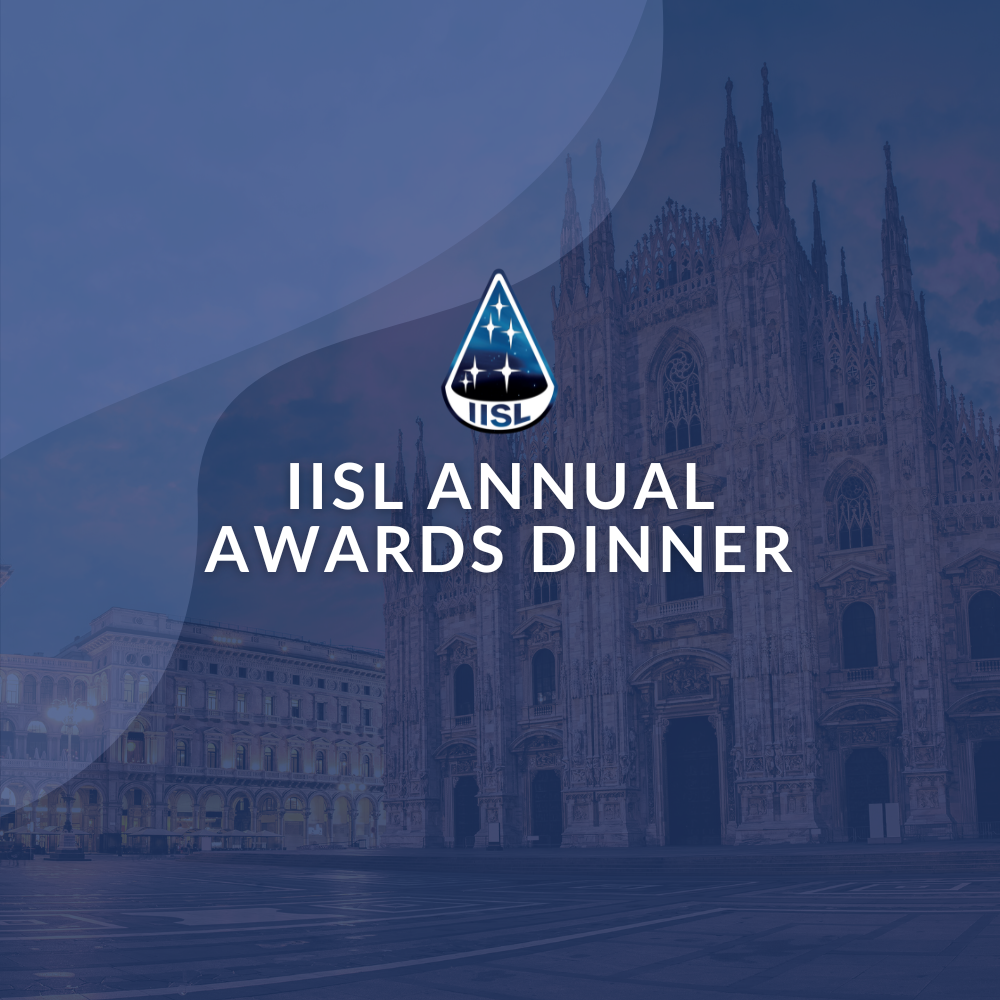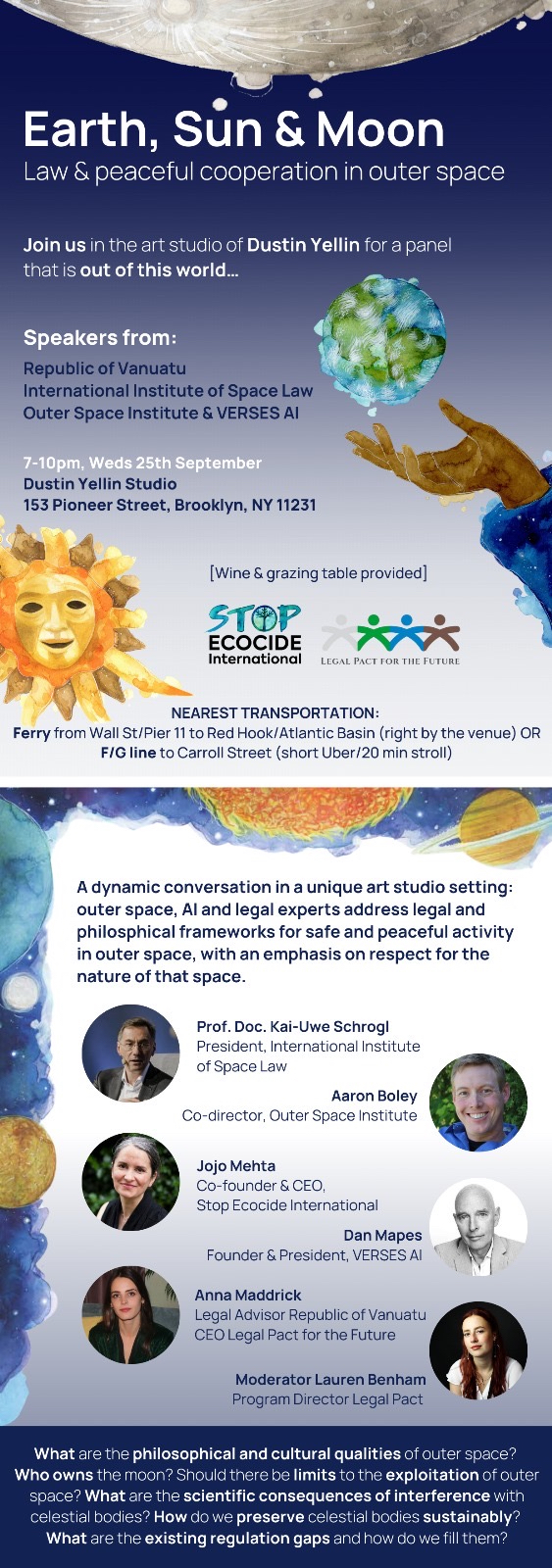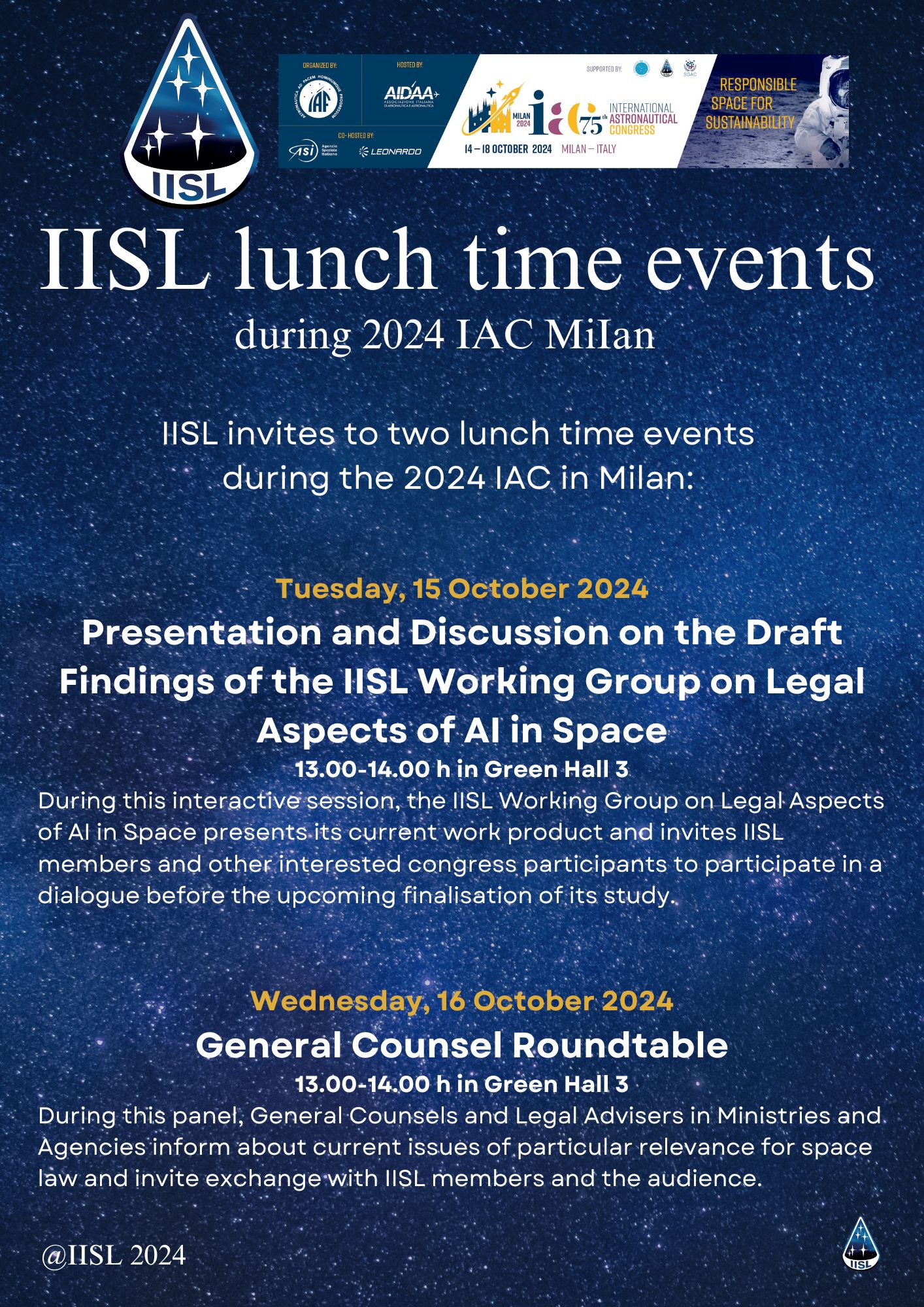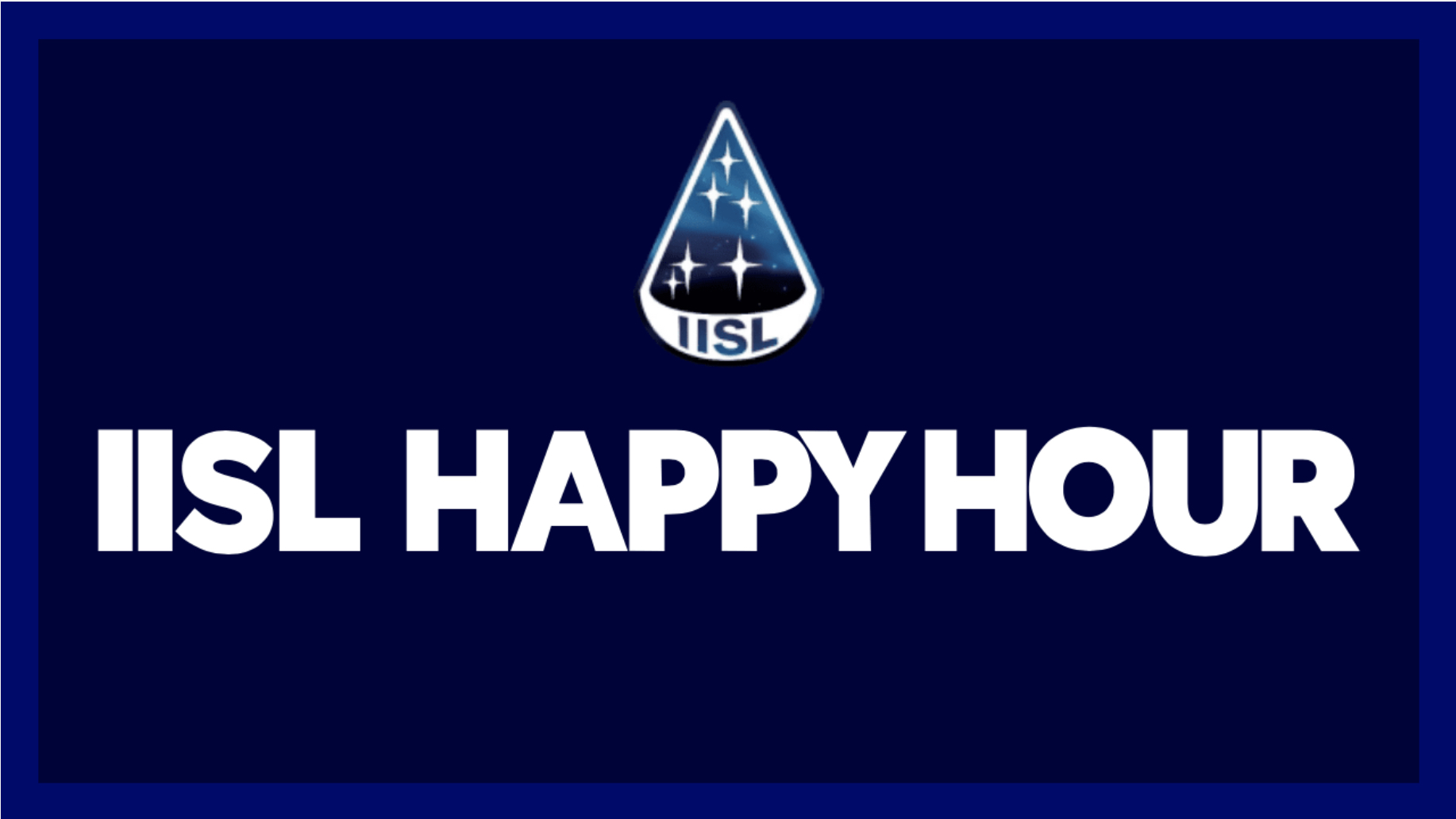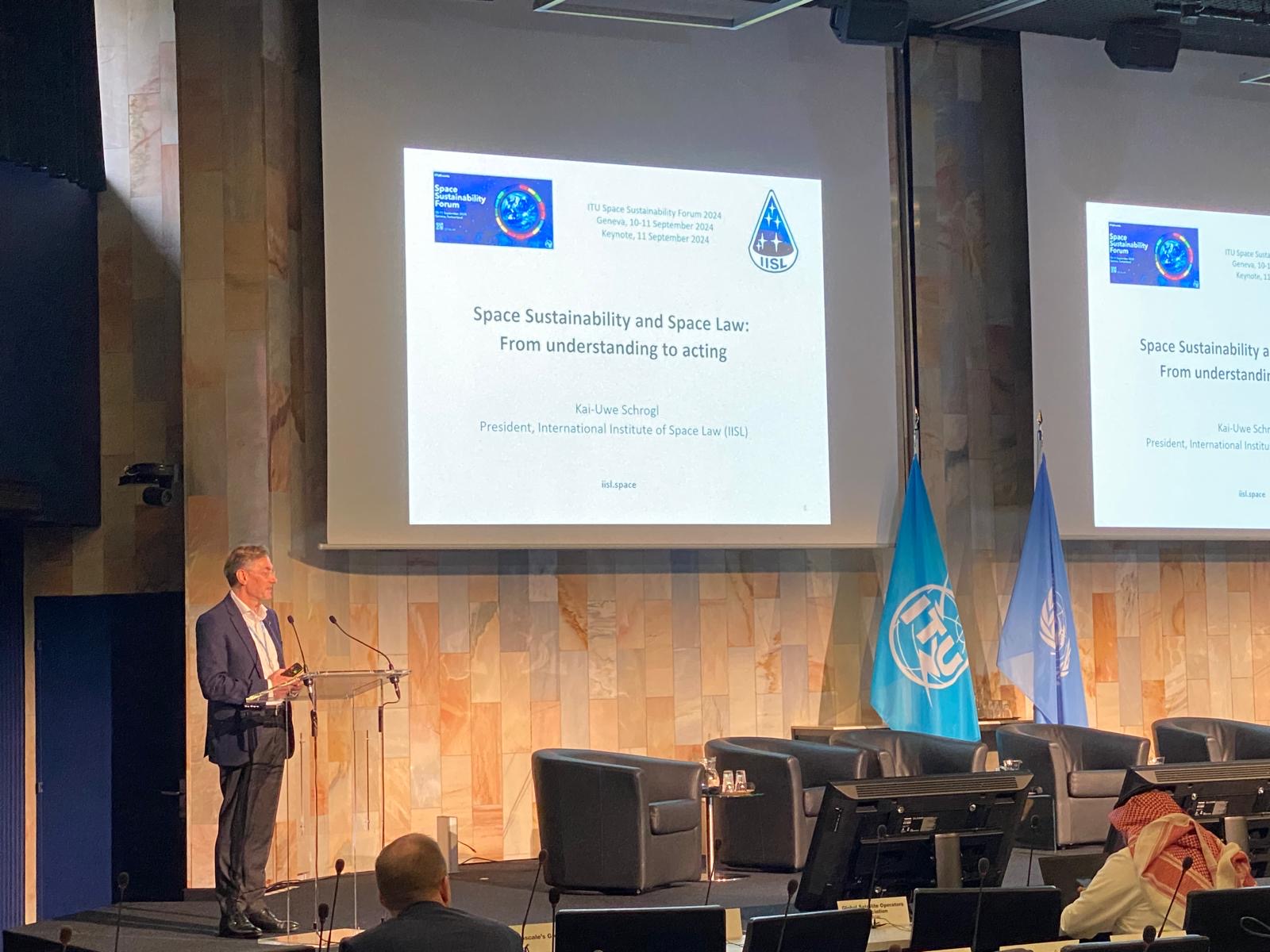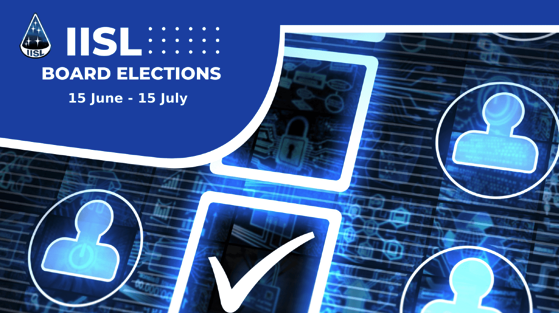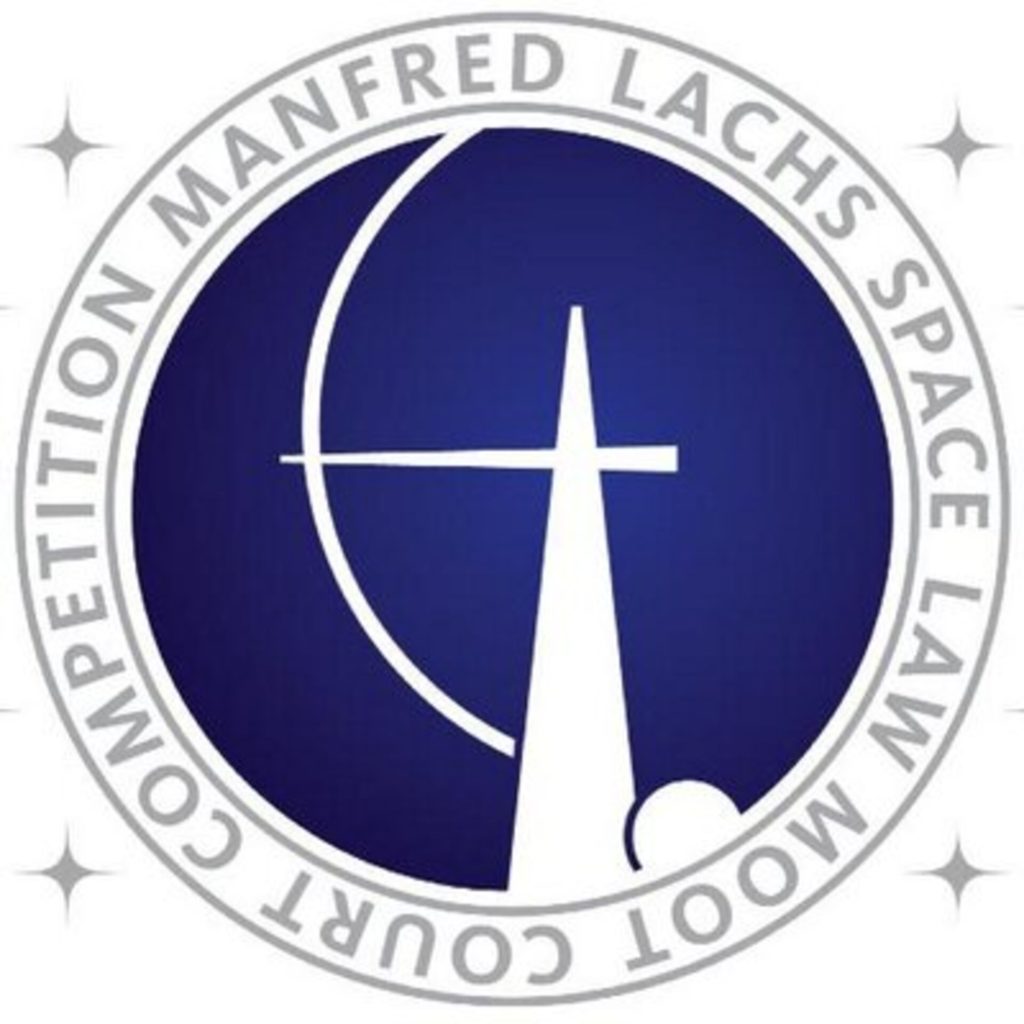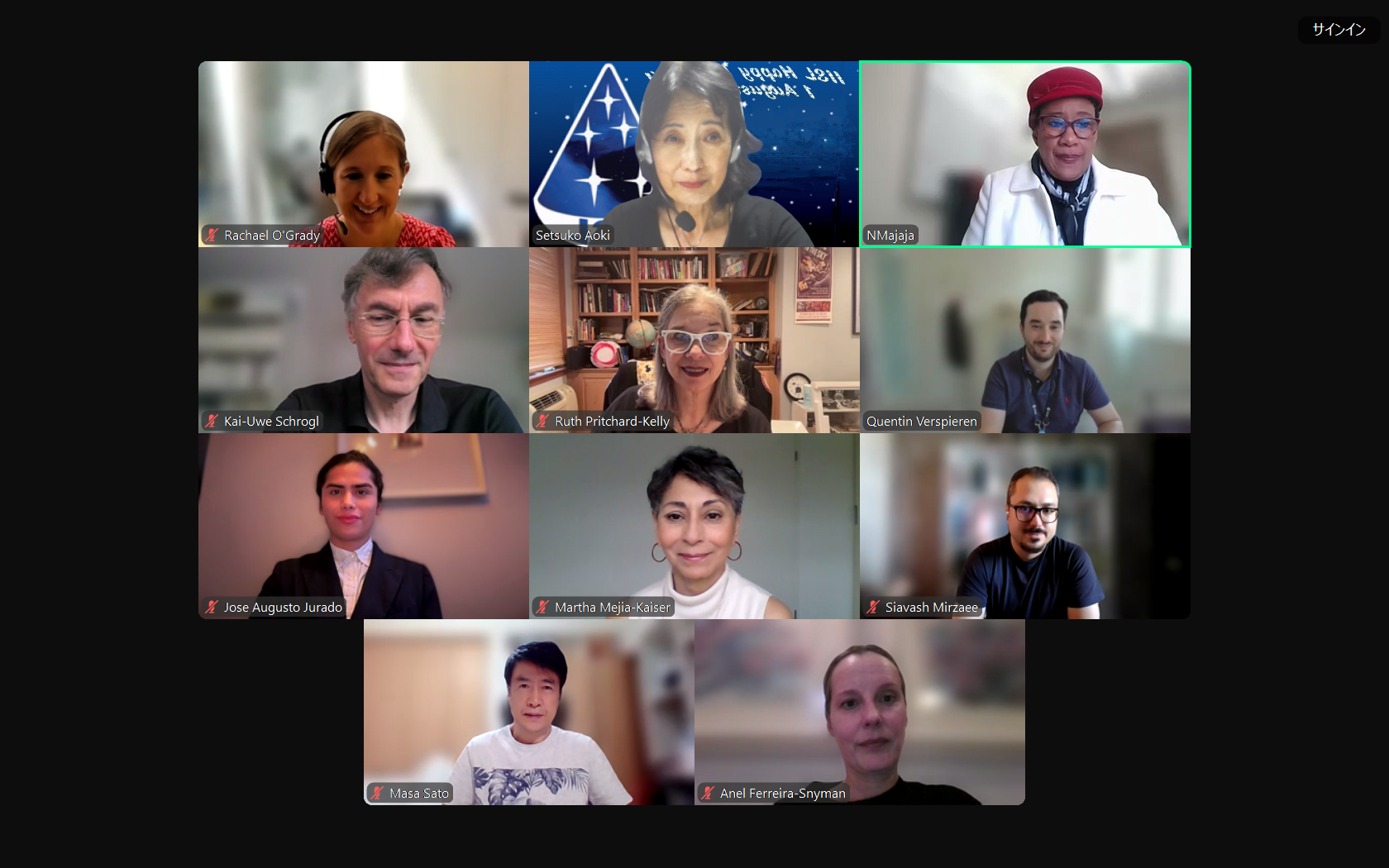IISL Awards Dinner Registration OPEN!
Dear IISL Members, The 2024 IISL Annual Awards Dinner will take place on Thursday, October 17, 2024 | 19:00Palazzo Turati, Via Meravigli, 7, 20123 Milano, Italy Registration for the Dinner is now OPEN here: IISL Awards Dinner Registration IMPORTANT Note on Dietary Requirements: All dietary requirements and preferences have to Read more
